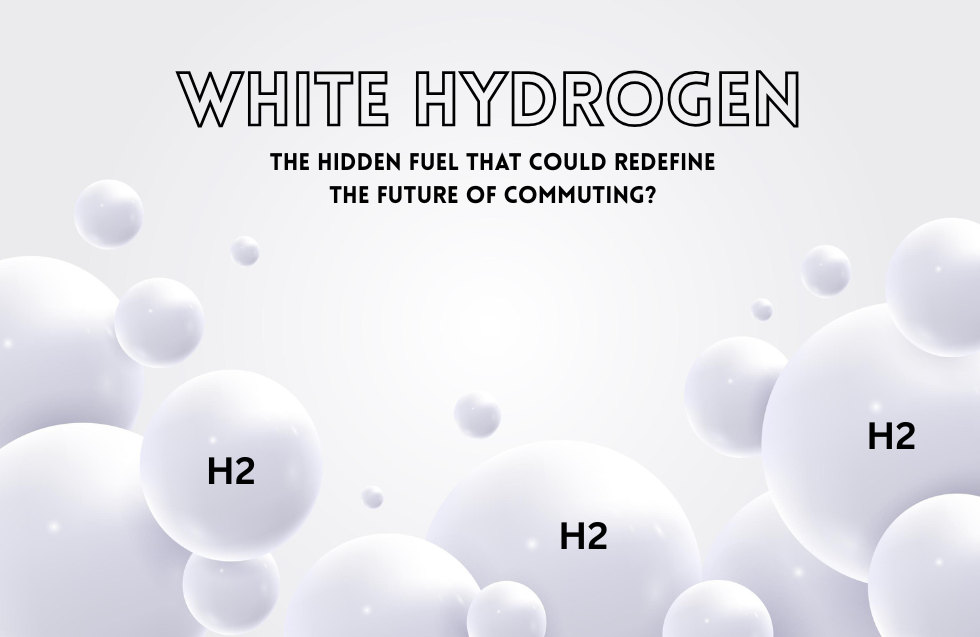Effective site management is central to ensuring productivity, safety, and accountability across industries such as construction, mining, government infrastructure, and commercial facilities. As sites grow more complex and regulations become increasingly stringent, operational success depends on the ability to coordinate resources, people, and systems seamlessly.
This article explores strategic, actionable approaches to enhance site operations, reduce risks, and improve overall efficiency, without compromising safety or compliance.
Embrace a Culture of Safety and Compliance
Creating a safety-first culture means embedding safety into daily operations, not just fulfilling legal obligations. When safety is treated as a core value rather than an obligation, the entire operation benefits, from fewer incidents to improved morale and productivity.
Clear signage, regular risk assessments, accessible PPE, and tools like safety apps and real-time monitoring systems help site managers respond quickly to hazards and ensure compliance.
Optimise Access and Traffic Flow Control
Site access often goes unnoticed until it becomes a bottleneck or a security breach. Whether it is a mine site, construction project, or public infrastructure development, regulating how people and vehicles move in and out is fundamental to maintaining order and safety.
Solutions such as Rotech vehicle & pedestrian access control systems demonstrate how targeted measures can drastically improve site performance. More broadly, access strategies may include boom gates to manage entry points, swipe cards or RFID for credential verification, automated sensors for gate control, and segregated pedestrian walkways to minimise accidents.
These systems support smooth traffic flow, reduce congestion, and improve oversight through data logging, contributing to long-term operational control.
Centralise Communication for Consistency
Miscommunication on a busy site can cause delays, rework, or even injury. Centralised communication keeps teams aligned, especially when multiple contractors are involved.
Project management tools with real-time messaging, shared document access, and scheduling features streamline coordination. Radios or push-to-talk devices support rapid updates in noisy environments, while role-based access control (RBAC) ensures the right people access the right information.
Routine check-ins and structured briefings further support alignment. With clear visibility, decisions are faster and issues are resolved with less disruption.
Use Data to Drive Smarter Decisions
Modern site management is increasingly data-driven. Managers who embrace real-time analytics gain a powerful advantage in identifying inefficiencies and anticipating problems before they escalate.
Data insights can cover a wide range of operations, including:
- Monitoring heavy equipment usage to plan preventive maintenance.
- Tracking labour hours for accurate forecasting and payroll.
- Mapping high-traffic areas to redesign flow or reduce risks.
- Capturing environmental metrics such as noise and dust levels.
These insights help site leaders make evidence-based decisions that not only improve current operations but also inform the planning of future projects.
Build Strong Stakeholder Relationships
Success depends on collaboration among project owners, contractors, councils, and regulators. Clear responsibilities, transparent timelines, and open feedback channels ensure accountability and reduce disputes.
Regular progress updates, delivered through dashboards or review meetings, build confidence and make it easier to navigate unforeseen changes. By fostering trust and mutual respect, site managers can create a cooperative environment that supports project success from planning to completion.
Prioritise Environmental Sustainability
Sustainable site practices are no longer optional. Rising community expectations and environmental regulations require operations to minimise their ecological footprint while maintaining performance.
Sites can implement eco-conscious strategies such as:
- Installing solar-powered lighting and traffic systems.
- Using recycled water for dust suppression and site cleaning.
- Reducing machinery idle times to lower emissions.
- Setting up waste segregation zones for efficient recycling.
Sustainability doesn’t just reflect social responsibility—it also reduces long-term operational costs and enhances a project’s public image.
Turning Strategy into Site Success
Improving site operations demands more than reactive problem-solving; it calls for strategic planning, continuous improvement, and cross-functional coordination. By embedding safety, controlling access intelligently, embracing data, and fostering open communication, site managers can lead operations that are not only efficient but resilient.












